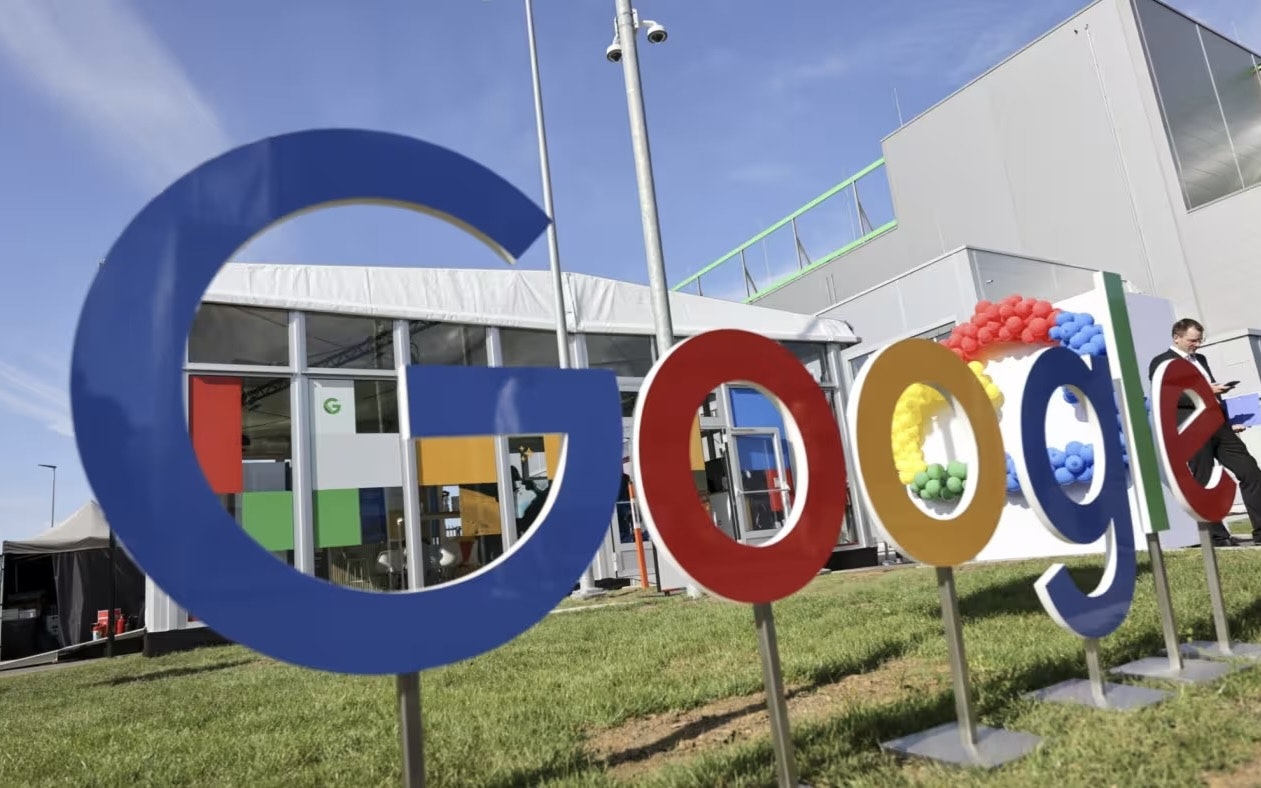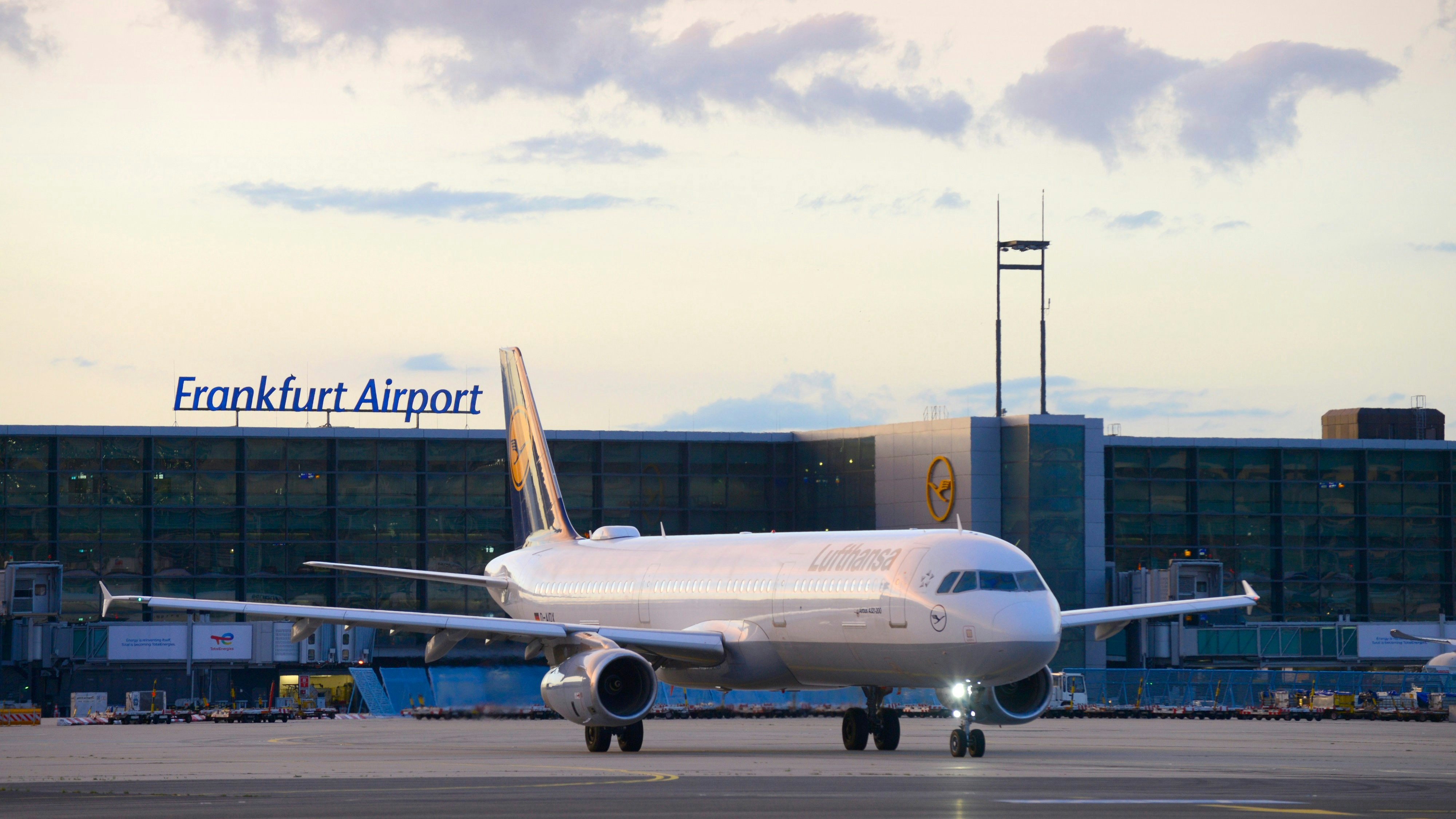Alphabet has committed to paying a break fee of $3.2 billion if the planned acquisition of the cybersecurity start-up Wiz fails. With this unusually high sum, the Google parent company signals that it expects significant antitrust hurdles – even under the new US administration.
The acquisition announced on Tuesday, valued at $32 billion, would be the largest in Alphabet's history. Last year, the corporation already attempted to buy Wiz for $23 billion. At that time, however, the talks failed, among other reasons, because investors in the start-up feared that US competition authorities might block the deal.
The exceptionally high break fee of ten percent of the purchase price highlights how cautiously tech companies protect themselves in the face of regulatory uncertainties. Typically, such fees range between two and three percent, in disputed cases even seven percent - but they rarely reach double-digit values.
A person familiar with the negotiations stated that the deal would not have come about without this clause. To secure a better valuation and more favorable regulatory conditions, Wiz had hired new advisors after the deal fell through.
The agreed takeover model also grants Wiz extensive independence: The company can continue to make acquisitions and personnel decisions, even if the deal gets entangled in a lengthy antitrust process.
The acquisition of Wiz is reminiscent of the failed $20 billion merger between Adobe and Figma in 2022. After 15 months of antitrust scrutiny, Adobe had to abandon the transaction and paid a break fee of one billion dollars – about five percent of the purchase price.
Wiz was advised by Goldman Sachs, while Alphabet relied on Bank of America. Both companies declined to comment.







